Lockheed Martin, General Dynamics, and Raytheon Technologies Corporation (RTX) have all exceeded their expectations in terms of financial performance, with new agreements they secured late last year to either directly supply Ukraine with weapons or replenish U.S. weapons sent to the European nation. Industry executives anticipate that the ongoing Israel-Hamas conflict will further drive up demand in the near term.
...efense giant Lockheed Martin reported Q3 net sales of $16.9 billion, up two percent year on year. Sales at its Missiles and Fire Control branch rose 3.8 percent during the same period.
During a call with Wall Street analysts, Jason Aiken, General Dynamics' chief financial officer, said that the company has raised its artillery production from 14,000 rounds per month to 20,000 very quickly. The company's Combat Systems division, which manufactures armored vehicles, tanks and artillery used by Ukraine, has witnessed a near 25 percent year-on-year increase in revenue.
RTX, the manufacturer of AMRAAM rockets used in Ukraine, disclosed that it has secured $3 billion in orders since February 2022 when Russia launched its military operation in Ukraine. These orders are primarily related to replenishing military supplies for Ukraine and the United States.

- Sweden's Saab recently revised its full-year sales outlook upward, attributing the increase to demand in the defense sector.
- Additionally, Germany's Rheinmetall reported a significant third-quarter profit surge, driven by strong demand for weapons and ammunition.
- Global military expenditure rose by 3.7 percent in real terms in 2022, setting a record at $2.24 trillion, according to a report published in March by the Stockholm International Peace Research Institute, a renowned think tank.
- In the decade from 2013 to 2022, military spending worldwide surged by 19 percent, and this trend has been consistently on the rise since 2015.
- General Dynamics' Aiken referred to the supply chain as "fragile," while Lockheed also reported that its aeronautics division, responsible for producing the advanced F-35 fighter jet, is facing challenges caused by supply and labor disruptions.
- These are primarily related to the procurement of processor assemblies, solid-rocket motors, castings and forgings.

The Cost of the U.S. Arms Trade
The global arms trade is big business and the United States accounts for more than 40 percent of the world’s weapons exports. Aside from the profit motivation, selling arms abroad can be an effective foreign policy tool, allowing the United States to exert influence over conflict and security worldwide without having to put boots on the ground. But are the risks worth the reward?
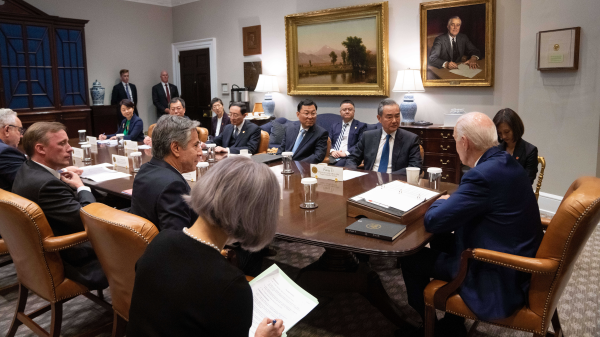
This is what China's top diplomat Wang Yi has achieved during a closely-watched three-day visit to Washington that concluded on Saturday.
During the visit, the two sides had "in-depth, constructive and substantive" strategic communication on many issues of common concern, and jointly sent a positive signal of stabilizing and improving China-U.S. relations, said Wang, a member of the Political Bureau of the Communist Party of China Central Committee and China's foreign minister.
Here are three key takeaways from his visit.
- Road to a San Francisco meeting
Throughout the visit, the Chinese foreign minister stressed, more than once, the importance of following through on the common understandings reached between Chinese President Xi Jinping and his U.S. counterpart when they last met on the sidelines of the G20 Bali Summit in Indonesia.
During the Bali meeting on November 14, 2022, the two heads of state conducted their first face-to-face talks since Biden took office in January 2021. Xi said China and the U.S. should respect each other, coexist in peace, pursue win-win cooperation, and work together to ensure bilateral relations move forward on the right course without losing direction or speed, still less having a collision.
Biden, on his part, told the Chinese president that the U.S. respects China's system, and does not seek to change it; that it does not seek a new Cold War; that it does not seek to revitalize alliances against China; that it does not support "Taiwan independence," and does not support "two Chinas" or "one China, one Taiwan;" and that it has no intention to have a conflict with China. The U.S. side has no intention to seek "de-coupling" from China, halt China's economic development, or contain China, he added.
In the roughly one-hour – more than double than originally planned – meeting with the U.S. president on Friday, Wang said his visit is aimed at communicating with the U.S. side to follow through on the Bali meeting, and proceed toward a San Francisco meeting, so as to prevent bilateral ties from further deteriorating and bring the China-U.S. relationship back on the track of healthy and steady development at an early date.
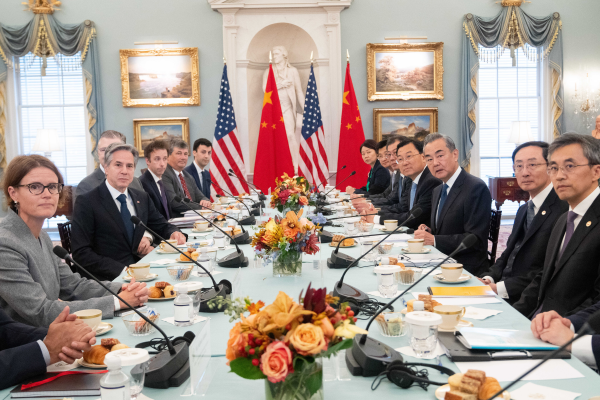
"The road to San Francisco will not be a smooth one, and it will not be left to 'autopilot,'" warned the Chinese foreign minister when he was hosted by the Aspen Security Group, a policy program of a namesake think tank headquartered in Washington, D.C., on Saturday.
Wang urged real efforts on the part of the U.S. side to eliminate interference, overcome obstacles, enhance consensus, and accumulate results to make the meeting happen.
Wang Yiwei, director of the Institute of International Affairs at Renmin University of China in Beijing, said that the U.S. side, in conducting its so-called Indo-Pacific strategy, has been making trouble for Beijing on the Taiwan question and the South China Sea issue, among others.
"So the key is to watch whether the U.S. side can really follow its words with actions," the scholar told CGTN.
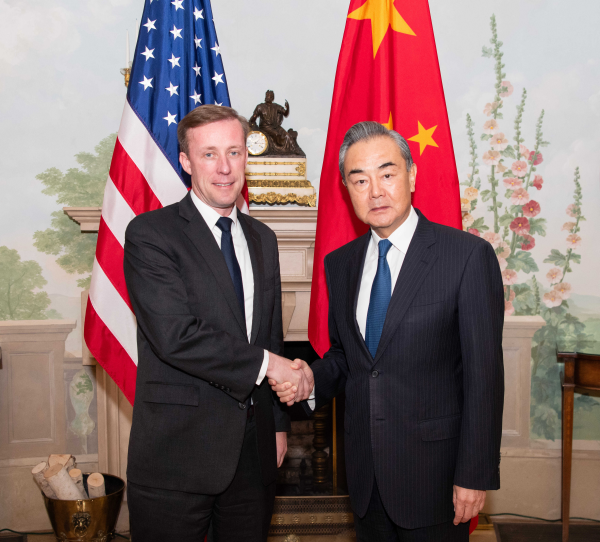
Wang stressed the importance of keeping communication channels open between the two sides during his talks with Blinken. In the coming days, both sides will hold separately China-U.S. consultations on maritime affairs, arms control and non-proliferation, and foreign policies.
"China and the United States need dialogue. We should not only resume dialogue, but also have in-depth and comprehensive dialogue," he told reporters while standing next to the U.S. secretary of state before their formal talks, which eventually lasted over seven hours across two days.
The call was shared by U.S. strategists, who told Wang in their meeting on Saturday that the U.S. strategic community does not agree with the rhetoric about the so-called failure of U.S.-China engagement and wants the two sides to restart dialogue in various fields.
To stabilize and improve China-U.S. relations, both sides should also have objective understandings of each other's strategic intentions, Wang told Blinken, in his latest call for following through one of the common understandings reached between the two presidents at the Bali meeting.
Wang Yiwei, the expert on international relations, said it is important to put a strategic framework in place for the two largest economies to manage their relations.
"If 'competition' is the word [to describe the bilateral relations], then the competition should be an orderly one, not one with no bottom line, no principles or no rules," he said.
It should be in line with the expectations of the international community, and be responsible for globalization and the international market, he added, referring to the U.S. rhetoric of "de-coupling" or "de-risking" its supply chains from China.
People-to-people exchanges
Hours after the talks between the two top diplomats, U.S. officials announced that flights between the U.S. and China will increase to 70 per week starting November 9.
The Chinese civil aviation authority said the increase in flights will help facilitate personnel, economic and trade exchanges between the two countries.
In terms of promoting people-to-people exchanges, the two sides also agreed on a China-U.S. Coordination Meeting on Disability Affairs to discuss the signing of a memorandum of understanding on cooperation in disability affairs in the coming days
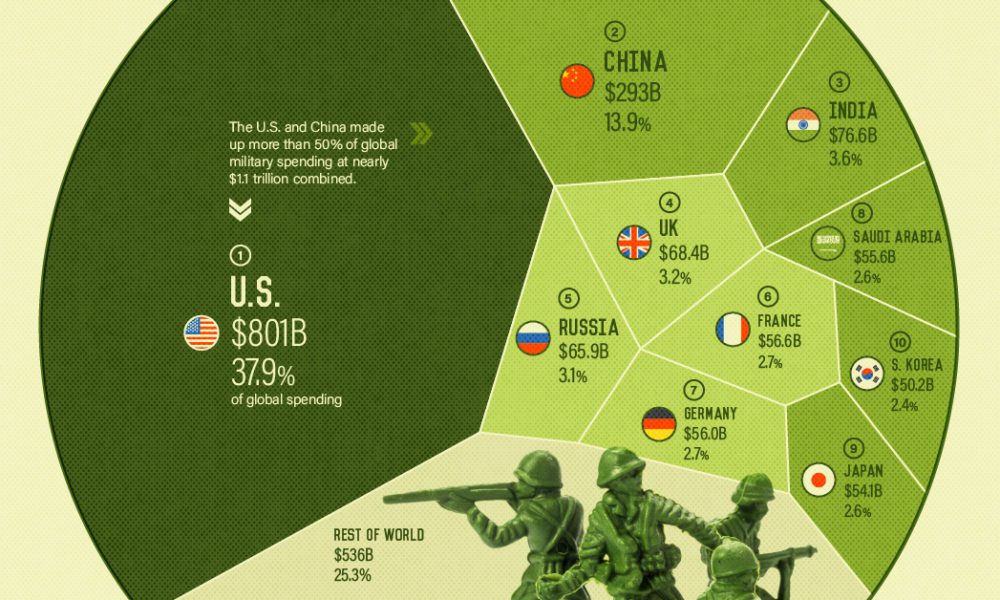
:max_bytes(150000):strip_icc()/INV_DefenseStocksQ323_GettyImages-1405614615-aecb3d147bb64296a9e73906388511b5.jpg)



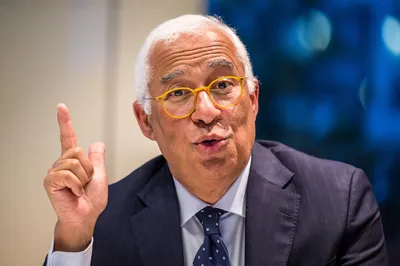

No comments:
Post a Comment